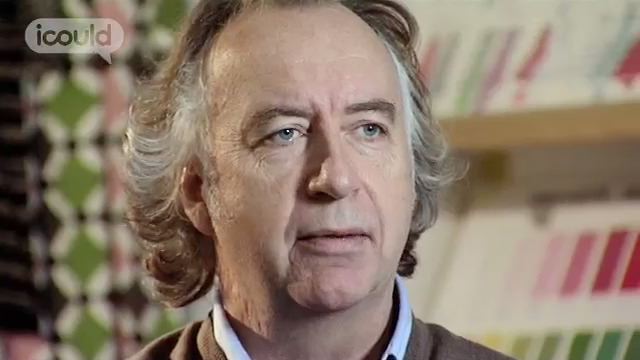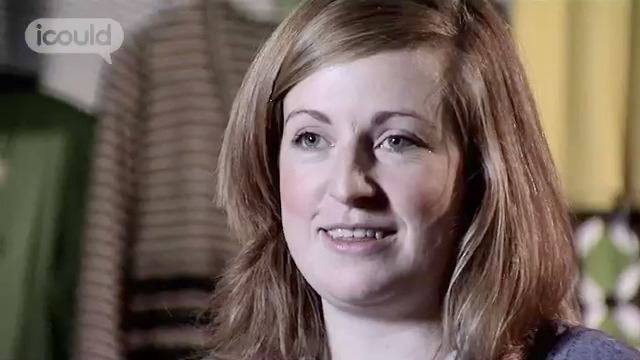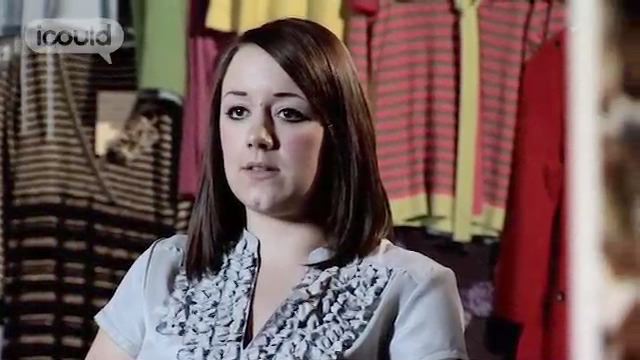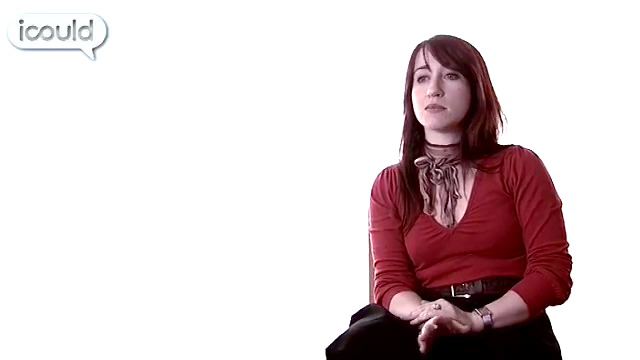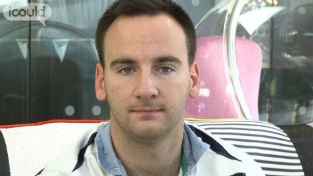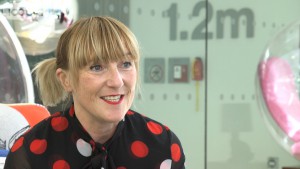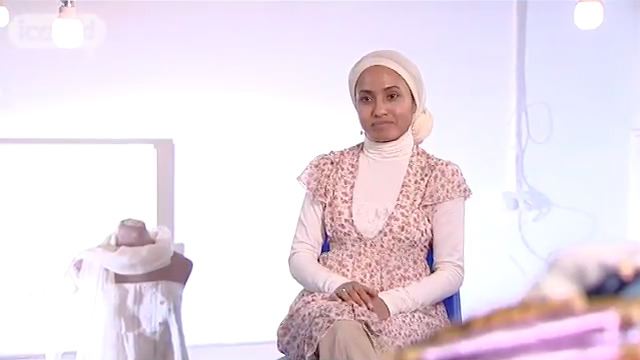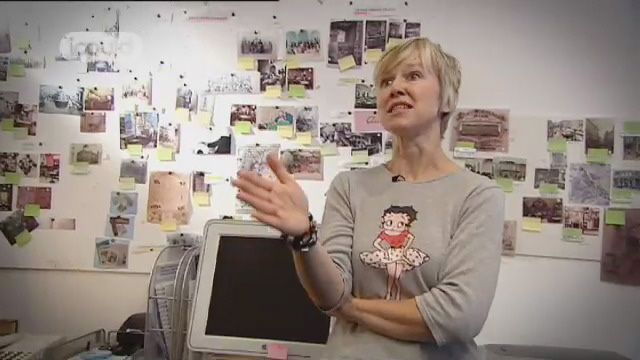Explore: Design and skilled crafts
Footwear Technologist
Pentland Brands Ltd
info Issues viewing the video?
| Time Code | Jeremy Barton
Footwear Technologist |
| 00:04 | My name’s Jeremy Barton. I work as a Footwear Technologist at Lacoste Footwear within Pentland Brands. |
| 00:11 | A footwear technologist, essentially they work on the creation of footwear lasts. A footwear last is a wooden, plastic or aluminium shape of a foot and that is what you build a shoe around when you’re in the factory. |
| 00:28 | My first job after leaving university, I worked as a freelance designer for a big high street brand and that was for about four or five months. |
| 00:38 | Then I managed to get an intern-ship at a design agency in central London and I was there for nearly a year. |
| 00:46 | During that intern-ship, towards the end, it became clear that there wasn’t actually a full-time role available for me. Despite there being signals that there might have been. It was quite frustrating, but it’s that age-old debate, isn’t it? When you think there’s potentially a full-time role for you, you will fight tooth and nail to try and get there. |
| 01:09 | It takes some strength to actually draw a line and say, actually no, it’s time for me to move on and find an opportunity somewhere else. |
| 01:17 | A friend from uni was in the design pool graduate scheme at Pentland, got in touch saying that there were roles available on this design graduate scheme and to get me to send her my portfolio and CV and from there I got offered an interview. |
| 01:33 | The worst interview of my life. I think it was the work and my work ethic that got me the job, I believe. |
| 01:42 | I’m really enjoying this job. They’re great with internal training courses. You’re always learning in this job. |
| 01:49 | I had a pretty strong idea that I wanted to be a designer, from probably about the age of 12 or 13. |
| 01:55 | Because of my design technology teachers, they were really encouraging and it was the subject that they said I was best at. |
| 02:06 | I was pretty set on going to university. They purposely make you work on projects that have huge variety and scope. I went to Northumbria University. They had very close links with industry and we did a number of live industry projects. |
| 02:23 | I would advise, do what you enjoy, that’s the key thing. There’s no point spending years of your life doing something you don’t enjoy. |
| 02:28 | My parents were supportive of my choices. They were very supportive about design. |
| 02:34 | They didn’t know much about it, but they knew I had an artistic streak. |
| 92:38 | Key turning points, there were quite a few. Getting cold feet before starting uni about what course I wanted to do. There was also the potential of joining the military because the family has history in the military. |
| 02:51 | I did go and do officer selection, didn’t get selected for it and that was the turning point where I said, OK, I’m not going to become a soldier. I said, right, now is the time for me to buckle down, concentrate on the design degree and finish that and go and follow this route. |
| 03:11 | But at the same time I thought, why not do the reserves? They’re two very different routes and that definitely changed me completely. |
| 03:22 | And this is potentially why I didn’t go into full-on creative design and maybe why I was attracted by product development because that is the making the design work, making sure that the design can actually be made. So I became quite a logical, practical person because of that. |
| 03:39 | What gets me out of bed in the morning is definitely the people I work with, the team. Hugely lucky that the team here is fantastic. |
| 03:49 | We all work completely interlinked. Everything that one of us does probably feeds into work that another person is doing, so we’re constantly communicating. |
| 03:57 | So yeah, the main reason that I get out of bed in the morning is definitely the team I work with because I like the people. |
| 04:04 | END |
“I had a pretty strong idea I wanted to be a designer from about the age of 12 or 13.” Following a degree in design for industry, Jeremy started an internship at a design agency. After nearly a year, he realised it was not going to lead to a permanent job so decided to move on. He now works for Lacoste creating footwear lasts, the models that shoes are built around when they’re made in a factory.
More information about Clothing, fashion and accessories designers
Data powered by LMI For All
£30,680
average salary
The UK average salary is £29,813
39
average weekly hoursThere are 37.5 hours in the average working week
23%
male
77%
female
The UK workforce is 47% female and 53% male
Future employment
Future employment
Description
Clothing, fashion and accessories designers plan, direct and undertake the creation of designs for new clothing and related fashion accessories.
Qualifications
Entrants have usually completed a foundation course, BTEC/SQA award, degree and/or postgraduate qualification. Vocational qualifications in Fashion Design and Design are available at Level 2 and 3, as are apprenticeships at Levels 2 and 3.
Tasks
- Liaises with client to determine the purpose, cost, technical specification and potential uses/users of clothing or related fashion accessory
- Undertakes research to determine market trends, production requirements, availability of resources and formulates design concepts
- Prepares sketches, designs, patterns or prototypes for textiles, clothing, footwear, jewellery, fashion accessories
- Submits design to management, sales department or client for approval, communicates design rationale and makes any necessary alterations
- Specifies materials, production method and finish for aesthetic or functional effect
- Oversees production of sample and/or finished product or produces one-off products for fashion shows
- Observes and manages intellectual property issues
Employment by region
Top 10 industries for this job
Office admin.
3546
Head offices, etc
2691
Retail trade
2687
Employment activities
2216
Other professional
2161
Printing & recording
1659
Arts & entertainment
1364
Architectural & related
1254
Gambling
1169
Employment status
Related career stories
⇦
⇨
